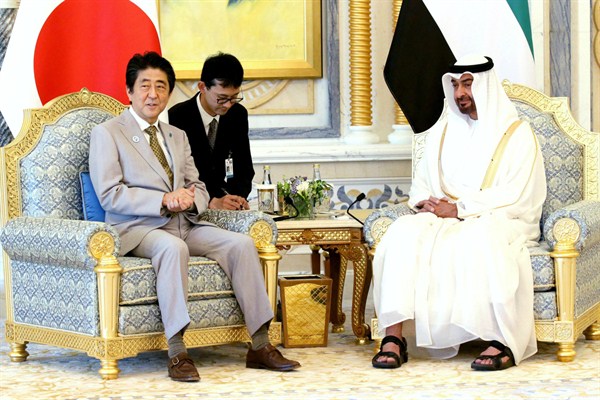Japan has been telegraphing its concerns to the United States about the potential impacts of the Trump administration’s decision last month to pull out of the Iran nuclear deal. One Japanese official recently acknowledged Tokyo’s anxieties that it may be forced to cut off Iranian oil imports, which have resumed after the nuclear agreement was inked in 2015 and currently total some 170,000 barrels per day. An official from Japan’s Ministry of Economy, Trade and Industry recently indicated Tokyo does not want that to change and hopes for an exemption from sanctions the U.S. is preparing to impose again on Iran.
Japan’s frustration with Trump’s Iran move is evident. “Japanese companies don’t want to stop imports suddenly,” the official, Daisuke Hirota, stated. “The situation in the U.S. government is drastically changing every day.”
“We need to continue to keep imports,” he added, “and to keep imports from Iran we need to get information and communication with the U.S. government.”

